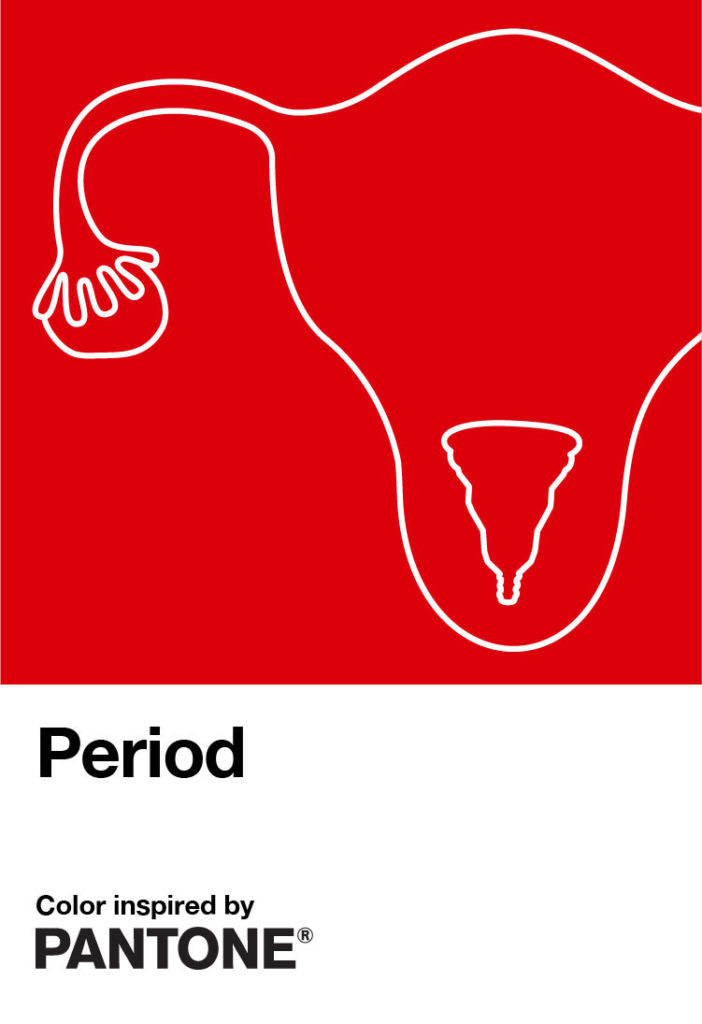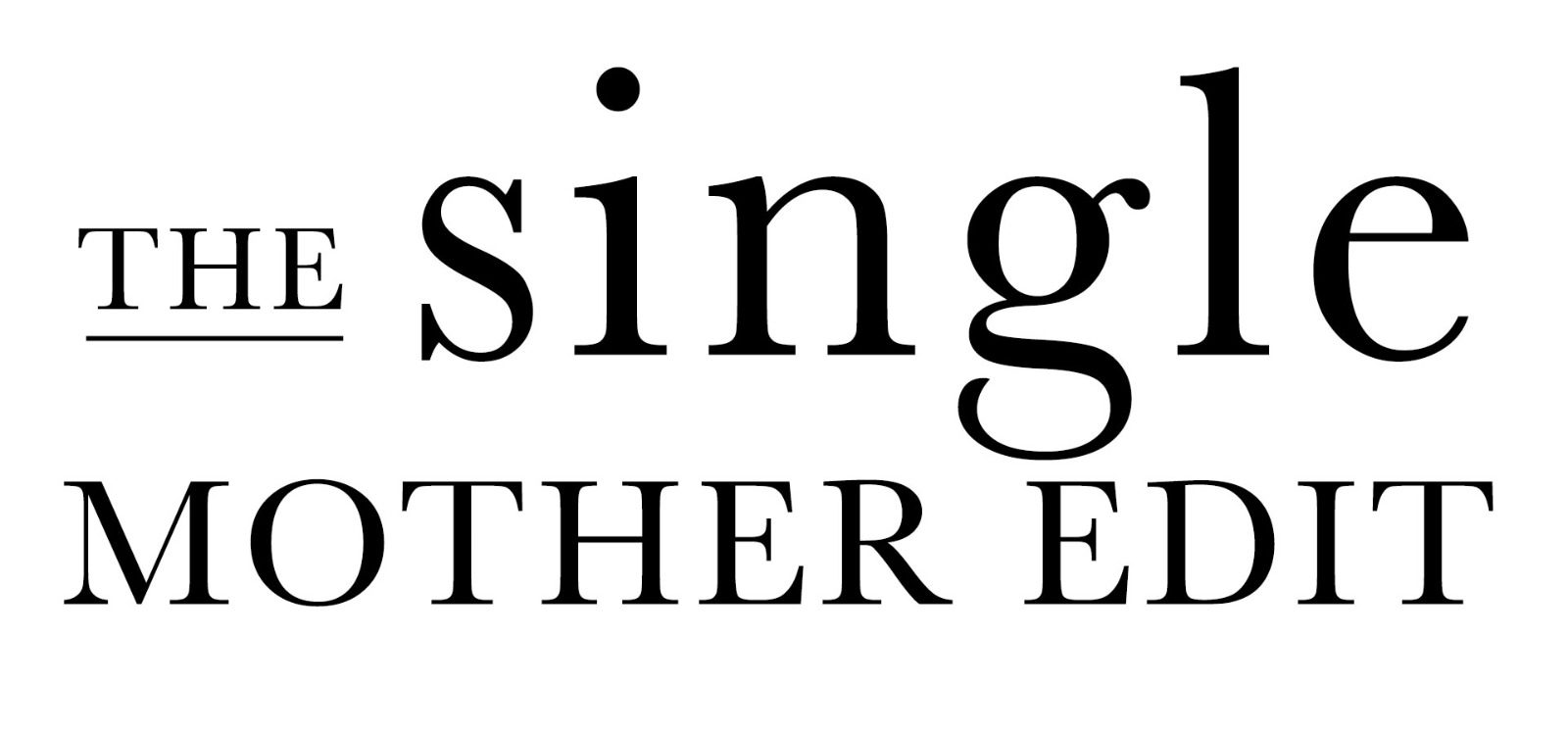My inbox is a Pandora’s box of mad and troubling press releases, most of which I don’t have time to dedicate to (more’s the pity) but occasionally amongst the actual important correspondence and useful information, something unsolicited catches my eye. Today’s find was entitled: ‘PANTONE COLOR INSTITUTE PARTNERS WITH INTIMINA TO RELEASE A CUSTOM PANTONE RED COLOUR EMBLEMATIC OF A PERIOD’ (shouting at me via a subject line works, apparently).
The Pantone Color Institute: Period
INTIMINA has partnered with The Pantone Color Institute for its Seen+Heard Campaign to create Period: an original shade of red ‘that represents a steady flow during menstruation’. The campaign aims to ‘break the stigma’ around periods, and as part of the campaign, the brand has also donated £2,000 to ActionAid, an international charity working with women and girls living in poverty.

Since I dedicate a lot of my free time to reading about, listening to podcasts about and generally mulling over thoughts on, feminism, I think the reason this campaign caught my attention was the mention of stigma. Stigma is something that I’ve given days, weeks, months of thought to since becoming a single mum; the stigma attached to the label ‘single mum’ was one of the hardest roadblocks to happiness in the early days of single parenthood. And in that case the stigma is unwarranted, heart-breaking and challenging but at least with the media depictions of single mums in the news, on TV and on film, its roots can be more easily understood, and its roots traced (cough-the patriarchy-cough).
(Let me pause here and direct you to a guest post from the lovely Jude Peppis-Clay on single parent stigma)
Why Period Stigma?
So, period stigma: why? How does a monthly bodily function become stigmatised? Is it simply because it happens to a woman? I have ended up doing a bit of a deep dive on the origins of period stigma (think we can all agree this was a good use of my time) and discovered that menstrual taboos actually go way back. They can even be found in the Quran (2:222) and the Bible (Leviticus 15) both of which reference the woman being unclean. (I spend 80% of my period in the bath, so this is actually false, for the record.) And while it is unclear exactly why periods became taboo, the only people being negatively impacted from the continued stigmatisation is women.
Jillian Popkins, Director of Policy, Advocacy, and Programmes from ActionAid UK, said of the INTIMINA campaign: “Around the world today, millions of women and girls still suffer due to the stigma associated with periods. Many girls miss vital days of school, or even drop out altogether, which is one reason so many women experience life-long poverty globally. Without the stigma around periods, more women could escape poverty, fulfil their potential and strengthen their communities. This important campaign will help change that.”
This sort of trumps the impact of period stigmatisation on my own life, which largely affects my choice of outfit on certain days of the month and the inability to openly discuss with the men in my life why I spend two days each month bursting into tears for little to no reason and a further two (ok, four) filled with a (mostly) silent rage and seething at anyone who looks at me / speaks to me / moves in a way that displeases me. Since women, in my experience, talk about periods A LOT, why are we still having to campaign for their destigmatisation? Probably one of the only good things to come out of 2020 was the scrapping of the infamous tampon tax, so perhaps allowing women worldwide to stop being embarrassed of their periods is also within our reach?
Or perhaps the reason this story resonated with me so much is that if 2020 was a Pantone colour, ‘Period’ feels pretty perfect, actually.

